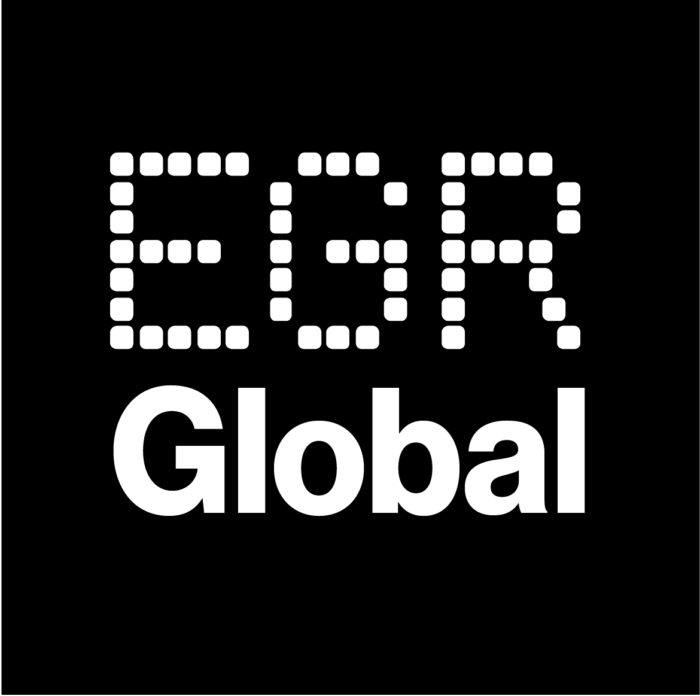
Big Debate: As the lines between investing and gambling blur, is Robinhood a potential competitor beyond election betting?
Rivalry head of communications Cody Luongo and Circle Squared partner Clyde Harris answer this month’s burning question


YesCody Luongo, head of communications, Rivalry
Robinhood is incredibly well positioned to enter the prediction market. There is a strong level of overlap between trading and gambling that Robinhood was able to tap into. It’s a big reason why their move into election betting felt so organic, and, not to mention, saw them trade half a billion contracts in about a week’s time.
More than anything, it’s a reminder that the lines of gambling are blurring, and consumers are starting to redefine what ‘betting’ is for themselves.
The onset of accessible retail investing has engendered a wave of consumers that are increasingly engaging with option trades, temperamental stocks, and meme coins as a new, modern form of gambling.
These trading-based experiences share a similar appeal to same game parlays and what has made them so popular: high volatility, high potential payout, and for those reasons, higher entertainment value for the user — even if there’s increased risk attached, there’s some crossover there.
Whether or not prediction markets or trading can be squarely categorized as gambling is up for debate. But what’s important to acknowledge is the likeness between these two worlds and an appetite for more unconventional betting experiences, existing in a conceptual gray area, that are capturing consumers’ time, attention, and wallets.
Apart from Robinhood having the funded accounts, synergy, and scale to successfully grow a gambling-adjacent vertical under its umbrella, they also have a product that, in my view, is superior to the average online betting experience.
A key part of Robinhood’s success in the financial services industry is in how well they weave entertainment into the in-app experience. They gamified investing for an emerging demographic that expects entertainment value in their products, and that’s an area where online betting has traditionally fallen short.
Robinhood has all the right ingredients, and at a minimum, a more fulsome prediction offering would be poised to grow the category through greater market variety and accessibility, if not cannibalize wallet share in some form.
NoClyde Harris, partner, Circle Squared
The reason anyone is asking this question is obviously a result of the huge volumes traded on the presidential election market on Robinhood. So, the first thing to address is why there was so much action. The answer to that is fundamentally a simple story about supply and demand.
The presidential election campaign was of huge public interest. It had blanket media coverage, it was felt by both sides to be crucially important, and it was viewed as being so close as to be a coin flip. That’s a recipe for tremendous public appetite for betting on any event. And yet, this is an event that very few online sports betting operators in the US offered odds on.
Huge demand and virtually no supply. It’s no surprise that one of the only available market suppliers, Robinhood, saw massive interest in its product.
Will this be a launchpad for Robinhood to expand into sports contracts? Possibly, but it is very unlikely to become a real competitor for online sportsbooks because the same conditions simply are not there. Robinhood could start offering NFL contracts, but the demand for NFL betting is very well catered for already.
It’s true that binary futures contracts are a slightly different way to present sports betting opportunities, but there is no particular advantage to the customer in seeing odds presented as a binary option instead of odds.
It is also conceivable that the comparatively large number of active financial investors in the US means there is a greater appetite for sports betting presented in a form that is familiar to them. However, I would not take the recent presidential election example as firm evidence for this.
Finally, there is the possibility that the appetite for this kind of product can be found in states that have chosen not to legalize sports betting; see ‘high demand, no legal supply’.
Whether Robinhood or any other financial investment platform would want to risk drawing a significant amount of attention from legislators and prosecutors by testing this water is another matter entirely.